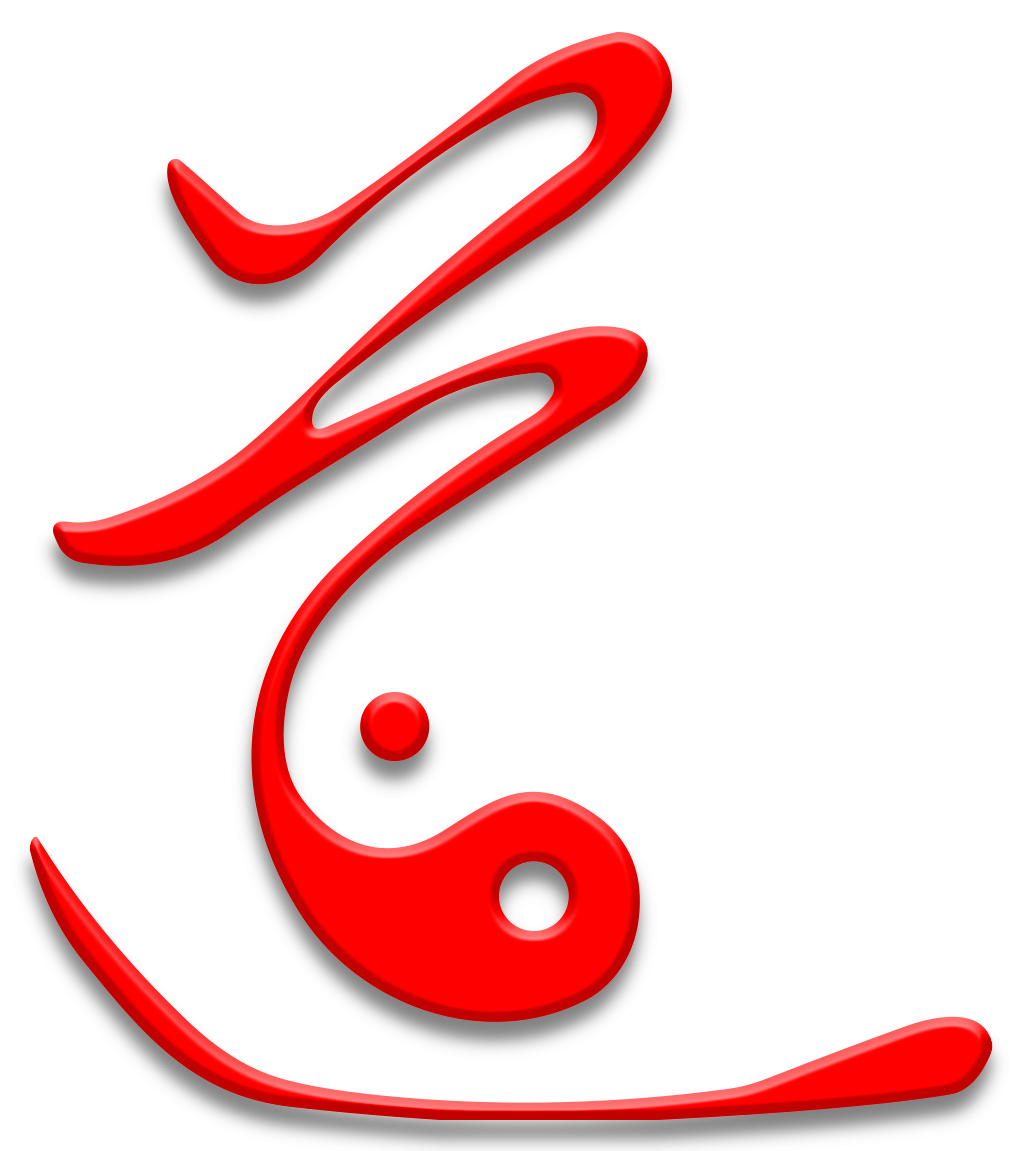Three Treasures of Daoism: A Yin-Centric Ethos
May 1
/
Bernard Shannon
In Chapter 67 of the Dao De Jing, Laozi presents the “three treasures” (sān bǎo, 三宝), compassion (cí, 慈), frugality (jiǎn, 俭), and humility (bù gǎn wéi tiānxià xiān, 不敢为天下先), as guiding virtues for aligning with the Dao.
These treasures form an interdependent, Yin-centric ethos, rooted in Kun’s (Earth, ☷) receptive, nurturing essence, contrasting Qián’s (Heaven, ☰) assertive Yang. Compassion nurtures without ego, frugality preserves simplicity, and humility yields to the Dao’s flow, embodying Wúwéi (non-action) and Zìrán (naturalness).
Compassion: Nurturing Without Ego
Compassion (cí, 慈), the first treasure, is selfless care, mirroring the Dao’s impartial nurturing. It is the heartbeat of spiritual development, serving as both the path and the fruit of inner cultivation. When we turn inward to refine the coarse instincts of the ego, fear, anger, and desire, it is compassion that softens the boundaries of self and opens the door to unity with others. Compassion, like the earth, fosters life without attachment.
True compassion arises not from sentimentality, but from insight: the realization that all beings share the same root struggles and longings. As the heart awakens and aligns with the natural rhythms of life, compassion becomes not just an emotion, but a state of being—effortless, radiant, and transformative. In this light, spiritual maturity is marked not by detachment from the world, but by a deep, abiding care for all life, as if tending to one’s own soul in many forms.
Frugality: Preserving Simplicity
Frugality (jiǎn, 俭), as a principle of spiritual development, invites a conscious return to the essential. It is not mere austerity or deprivation, but the wisdom of knowing what is enough. In Daoist thought, frugality aligns with the flow of nature, where everything exists in harmony without striving or excess. Frugality mirrors the uncarved block (pǔ, 朴, Chapter 28), untainted by desire.
By simplifying one’s outer life—reducing unnecessary consumption, desires, and distractions, we create space for inner quietude and clarity. This simplicity fosters receptivity, allowing subtle awareness to emerge. The mind no longer races after indulgence, and the heart no longer clings. Instead, we begin to perceive the richness of what is already present. Frugality thus becomes a gateway to presence.
On a deeper level, frugality cultivates spiritual strength and integrity. It trains the will to resist compulsive habits and builds trust in the sufficiency of the present moment. In Daoist alchemy, inner refinement requires conserving vital energies, essence (jing), breath (qi), and spirit (shen).
Overindulgence scatters these treasures, while frugality preserves and circulates them inward. The path of frugality leads to resilience, self-mastery, and attunement with the rhythms of the cosmos. It is not a rejection of life’s beauty, but a reverent honoring of it, free from grasping. By choosing what nourishes rather than what distracts, we learn to move lightly, see clearly, and live deeply aligned with the Dao.
Humility: Yielding to the Dao
Humility, the third treasure—not daring to be first—is yielding to the Dao, avoiding competition or dominance. It is the recognition that one’s knowledge, power, and position are limited in the face of the vast mystery of existence. In Daoist and other contemplative traditions, humility is not weakness but a quiet strength—a willingness to be small so that one can become vast. It allows us to empty the ego, becoming like the valley that receives all waters (Chapter 6).
When pride dissolves, the mind becomes open, receptive, and teachable. Humility invites a genuine relationship with the Dao, not as something to be controlled or mastered, but as a living presence to be listened to, trusted, and harmonized with.
On the path of inner alchemy, humility also serves as protection. It tempers ambition, softens the need for validation, and prevents the spiritual ego from taking root. A humble heart recognizes that progress is not a linear ascent but a spiraling deepening, full of setbacks, insights, and transformations.
It honors the wisdom in others, including those who challenge or humble us. True humility doesn’t seek recognition—it simply seeks truth. In this way, humility purifies intention and aligns one with the rhythms of nature, where nothing asserts dominance yet all thrives. In the quiet of humility, the spirit can rest, and the deeper work of transformation unfolds in silence and grace.
Conclusion
Laozi’s three treasures, compassion, frugality, humility, form an interdependent Yin-centric ethos. Compassion nurtures without ego, like the earth feeding all, but requires frugality to avoid over giving and humility to shun self-righteousness. Frugality preserves simplicity, like the uncarved block, but needs compassion to share resources and humility to avoid ascetic pride. Humility yields to the Dao, like water’s low flow, but relies on compassion to act kindly and frugality to sustain effort without exhaustion.
The treasures counter worldly excesses—pride, greed, strife. Practically, the treasures guide personal and societal harmony: compassion fosters peace, frugality sustainability, and humility cooperation. Spiritually, practitioners embody them: compassion opens the Heart, frugality conserves Qi, humility grounds our emotional survival instincts.
Together, they embody effortless action and harmony in life. Cherished, they align us with the Dao’s eternal flow.
